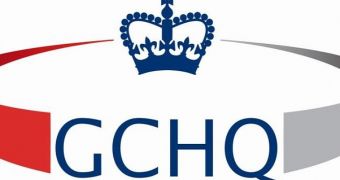The British intelligence agency is finally going to appear before a judge in the UK as the tribunal is scheduled to begin to hear arguments from civil liberty groups that the GCHQ has overstepped its boundaries.
According to The Guardian, civil liberties groups will soon be able to speak up against the GCHQ. The list includes Amnesty International, Liberty, American Civil Liberties Union, Privacy International and more. They all believe that the intelligence agency is potentially more intrusive than any other surveillance technique currently available.
The legality of the entire situation is also brought into question since the GCHQ freely intercepted, collected and used data.
The case will be heard for an entire week by the Investigatory Powers Tribunal, the British regulator of surveillance laws, and will largely focus on Tempora, the mass surveillance operation in which the GCHQ is involved.
Tempora, if you remember, is a project that was unveiled by Edward Snowden’s leaked files. This is a secret system used to buffer Internet communications that are extracted from the underwater fiber optic cables, which can then be processed and searched with ease. The program was tested between 2008 and 2011 and became operational in the fall of 2011.
The British intelligence service didn’t deny or confirm Tempora, but considering that everything revealed via Snowden’s files has been true so far, there’s little doubt about whether the program is real or not.
However, the British government does say quite often that everything the GCHQ does is within the country’s laws. Furthermore, they claim the agency is under strict control, something the US government has also said until it was proven that the oversight body had no idea about what the agency was doing.
As for the legality of the GCHQ’s programs, it’s worth to mention that the British government is currently trying to push an emergency law that would allow it to force telcos to collect and store user data, including the phone numbers it contacts, text messages, emails and the webpage history. This is happening as the European Court of Justice has decided that such “Big Brother” bills are illegal.
The government has also said several times over that the GCHQ’s actions do not go against basic human privacy rights or against the freedom of expression even as it collects and looks through the private content of millions of people without explicit consent or reason to believe the individuals are guilty of any crime.

 14 DAY TRIAL //
14 DAY TRIAL //